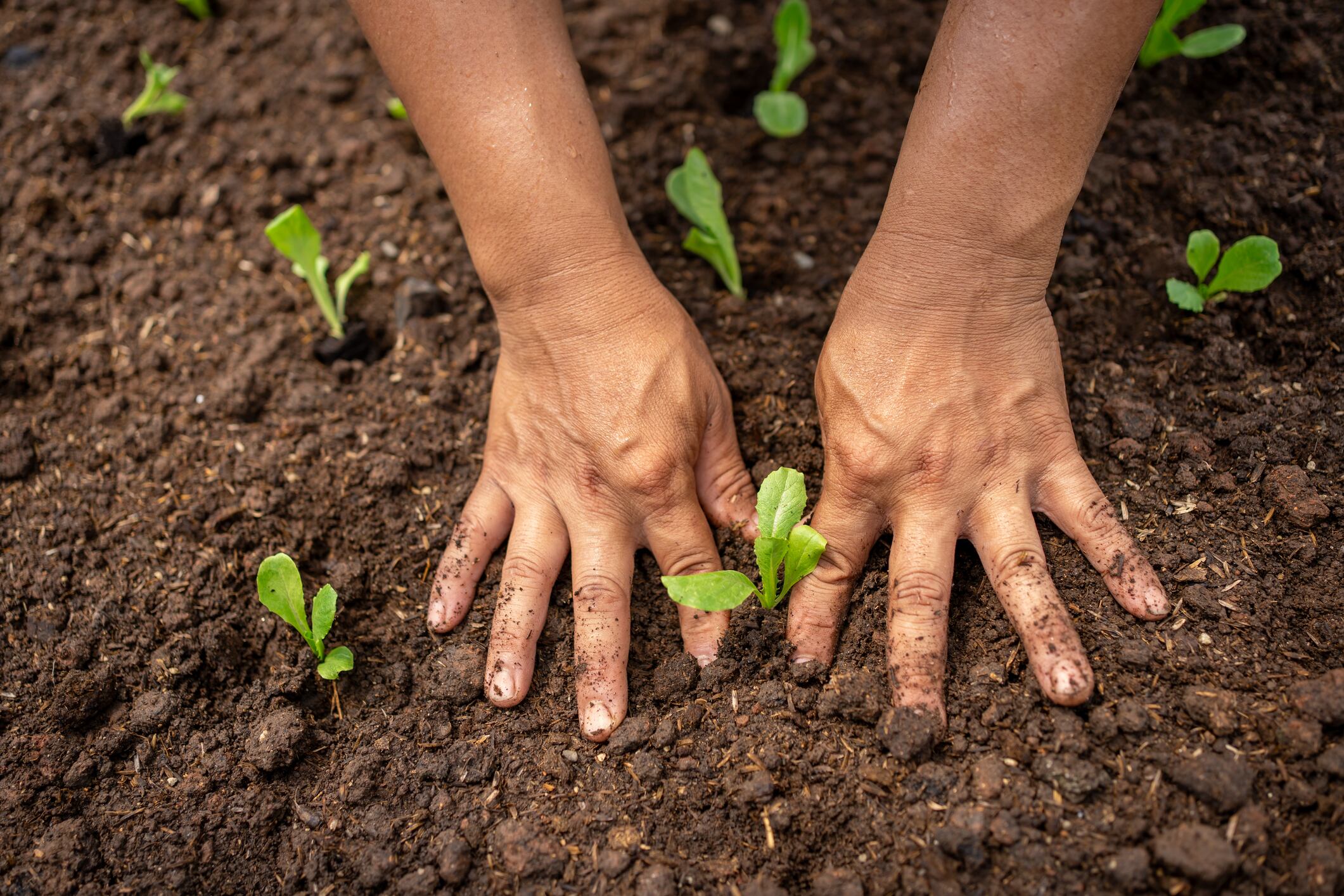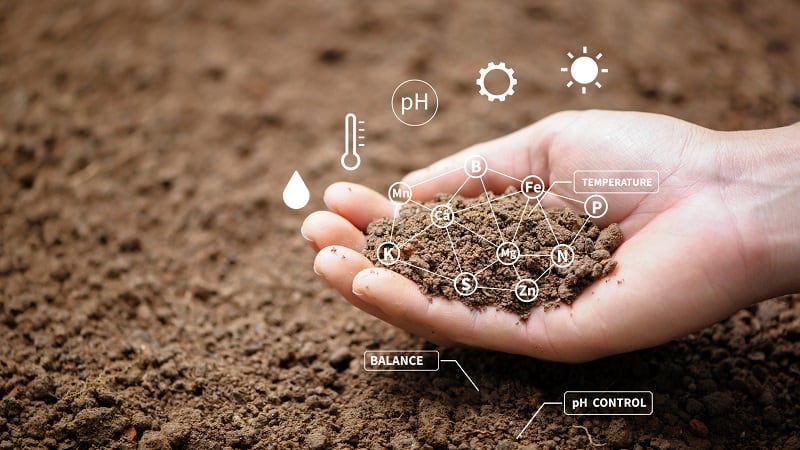While the sector has been led by advancements in the US and Europe, the region is coming into its own especially in applied technologies.
“The biologicals sector in APAC has largely followed the technological trajectory first initiated in the US and EU. However, in applied technologies, the region is beginning to carve out its own distinctive path,” said Takeo Kojima, head of agri-innovation unit, Sumitomo Corporation.
Speaking to AgTechNavigator, he likened the advancement to that of genome editing.
“While genome editing was pioneered through CRISPR-Cas9 by leading US institutions, many of the practical applications – such as novel nucleases and functional innovations across plant, animal, and microbial species – are now emerging from APAC startups and industries. This demonstrates the region’s growing role not only as an adopter but also as an innovator in the field.”
Kojima believes the opportunities for advancement will be driven by artificial intelligence.
“The greatest opportunities lie at the intersection of biology and digital technologies, particularly artificial intelligence. AI-driven agricultural analysis and predictive tools are advancing rapidly, poised to disrupt traditional, human-driven methods of breeding, crop management, and agrichemical development.
“In concrete terms, technologies such as multi-omics analysis and DNA-encoded libraries (DEL) will dramatically accelerate the discovery and optimization of biological solutions. These innovations have the potential to redefine how agriculture is practiced and how bio-based materials are developed, positioning APAC as a hub for next-generation agricultural innovation.”
Key drivers
The use of biologicals is slowly picking up in APAC, with the uptake of bio-stimulants driving much of the growth, said Shoumo Mitra, R&D director, APAC crop protection discovery & development, Corteva Agriscience.
“Biologicals are just gaining acceptance in APAC, with limited options currently available for bio-controls. However, the use of bio-stimulants is on the rise, particularly in speciality crops, as growers begin to recognise their potential benefits in improving crop health, resilience, and quality.”
Mitra believes high-value export crops will be a major growth area for biologicals, which will fuel their broader uptake in APAC.
“The biggest opportunities for biologicals in APAC lie in their adoption within high-value speciality crops, particularly those destined for export markets where stringent residue standards present significant challenges. By incorporating biologicals, growers can meet international requirements while maintaining crop health and quality. This not only enhances market access but also supports sustainable farming practices that are increasingly demanded by global consumers.”
Takeo Kojima of Sumitomo Corporation and Shoumo Mitra of Corteva Agriscience will represent their respective firms at the Asia Pacific Agri-Food Innovation Summit in Singapore from 4 to 6 November. Both are set to speak on the Sustainable Inputs: Accelerating Innovation with Scientific Rigour panel.
Obstacles to growth
Governments across the region have encouraged the adoption of greener alternatives, creating a supportive policy environment for biological innovation.
At the same time, the biological sector is hindered by regulatory frameworks that must evolve to support its acceleration.
In addition to policy support, industry-led investment and collaboration will be essential to advance the use of biologicals.
“On the financial side, the ecosystem in APAC remains relatively thin, with limited venture capital, accelerators, and angel networks focused on biologicals. Governments, established industries, and corporate players will need to step in to bridge this gap, providing the funding and institutional backing that startups require,” said Kojima.
On the ground level, Mitra highlighted the lack of clear, consistent guidelines for the use of biologicals.
“Growers may be hesitant to adopt new technologies unless the tangible benefits such as increased yields, improved plant health, and enhanced resilience to stress are well demonstrated through local trials and practical case studies. Demonstrating these advantages in real-world settings and providing transparent, evidence-based recommendations will be critical to unlocking the true potential of biologicals for speciality crops in the region.”
He added that instructions and guidelines from regulators could give growers the confidence to use biologicals, fostering a more supportive environment for wider adoption across the sector in the long run.
“By establishing clear guidelines regarding application timing and articulating the specific benefits for growers, authorities can create a more supportive environment for innovation and uptake. These measures would empower growers to make informed decisions and foster confidence in utilising biological solutions to enhance crop performance,” said Mitra.
Kojima emphasised that the region has no limits other than its nascent ecosystem.
“There are no unique cultural or regional barriers that fundamentally limit agricultural innovation in APAC. The main challenge is structural: the ecosystem is still relatively small and emerging, which naturally slows adoption and scaling. For this reason, the role of industrial partners is especially important, as they can provide both the scale and the confidence needed to accelerate innovation and ensure its practical impact.”





